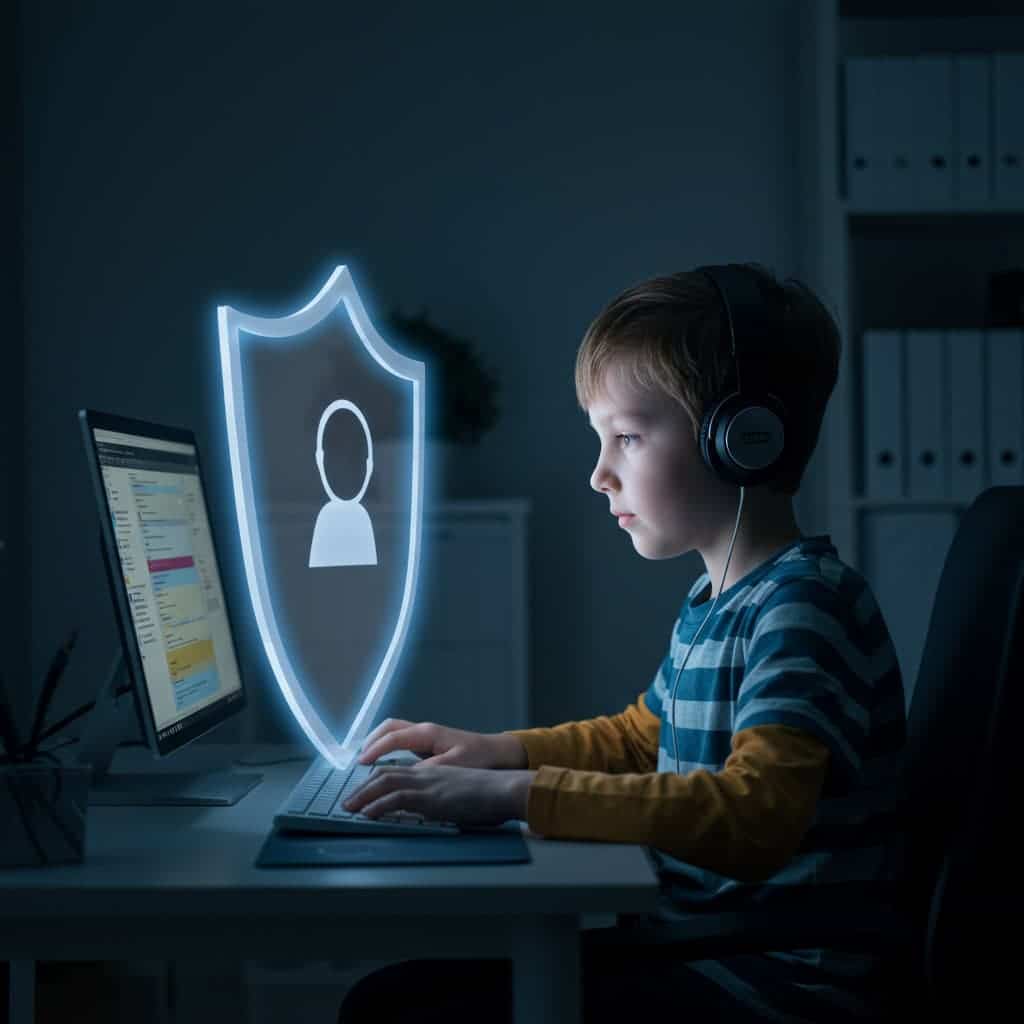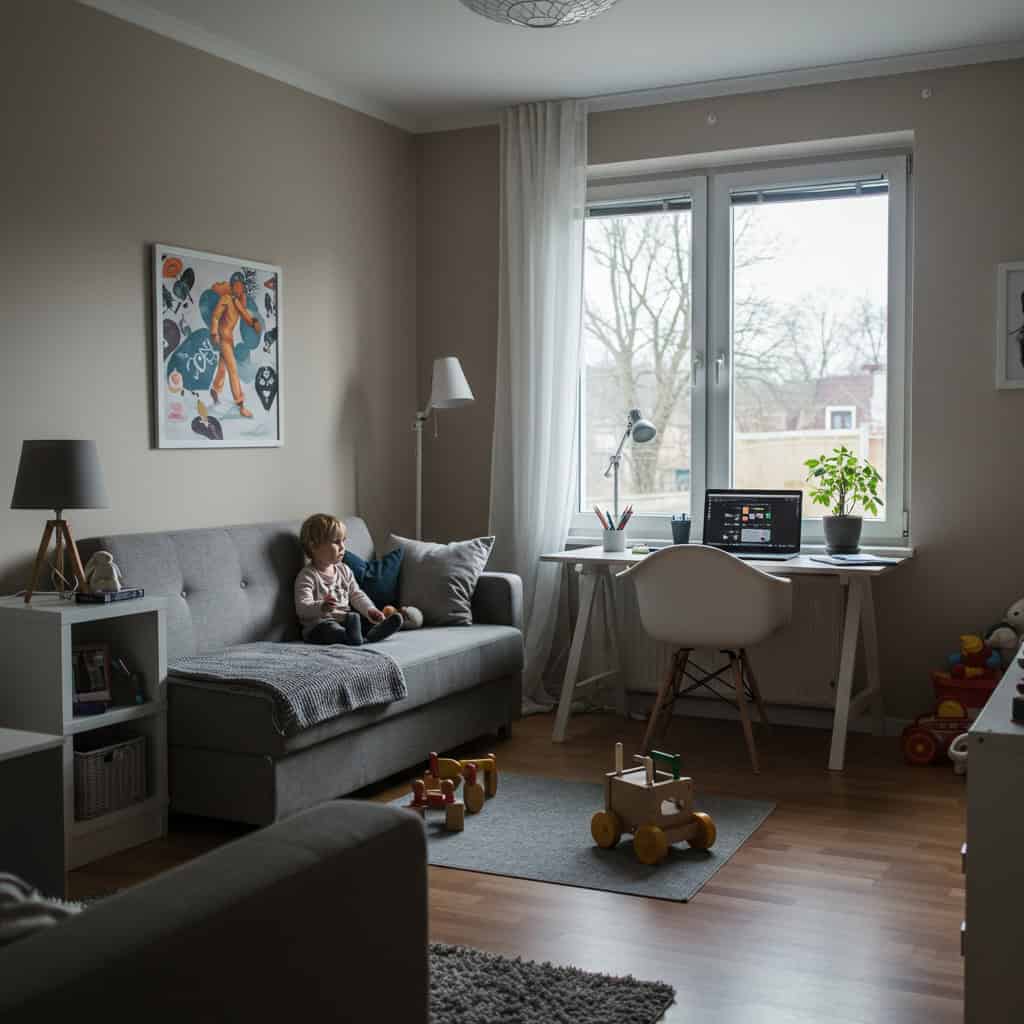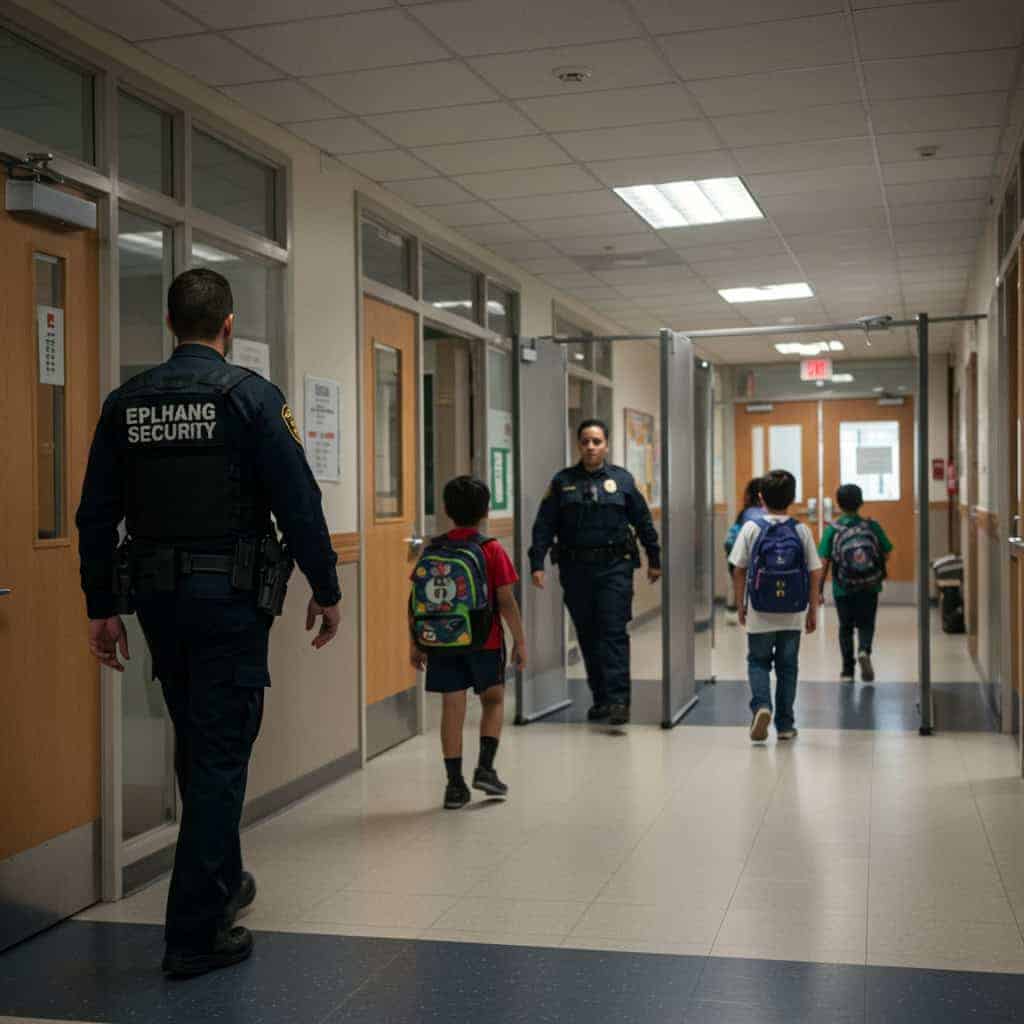14 Pressures Today’s Parents Face That Their Parents Never Did
Today’s families navigate a world dramatically changed by technology, social expectations, and economic realities. Unlike previous generations, the landscape of parenting now includes digital concerns, shifting work-life dynamics, and heightened social scrutiny. Understanding these unique pressures is crucial to appreciating the complexities of raising children in the 21st century.
1. Social Media Scrutiny

Unlike in the past, parents today face relentless judgment on social media, where every parenting choice can be publicly debated. Viral posts and comment sections can amplify criticism, leading to anxiety about personal decisions. A 2023 Pew Research study found that 66% of parents feel judged by others’ online comments.
2. Managing Screen Time

With the explosion of smartphones and tablets, managing children’s screen time is a modern dilemma. Unlike previous generations, today’s youth have constant access to digital devices, raising concerns about attention spans and development. The American Academy of Pediatrics offers guidelines, but enforcing them is an ongoing struggle.
3. Cyberbullying and Online Safety

Today’s parents must protect children from cyberbullying and online predators—dangers nonexistent for their own childhoods. Cyberbullying can happen anytime, anywhere, and is linked to mental health issues. According to the CDC, nearly 16% of high school students experienced cyberbullying in 2021.
4. Academic Pressure and Competition

Modern education is more competitive than ever, with rigorous testing and college admissions stress starting earlier. Many families feel compelled to enroll children in endless extracurriculars to keep up. This pressure can contribute to child and parental anxiety. Moreover, the constant drive to outperform peers often shifts the focus from genuine learning to resume building. Children are taught to chase achievements rather than develop curiosity, creativity, or resilience. As a result, many students experience burnout before they even reach adulthood.
5. Work-Life Balance with Remote Work

The rise of remote work has blurred the lines between home and office, making it harder to separate parenting duties from professional responsibilities. This overlap creates unique challenges in maintaining boundaries and mental well-being. As a result, many parents experience heightened stress, decreased job performance, and emotional fatigue, making it increasingly difficult to maintain both professional effectiveness and personal well-being.
6. Childcare Costs and Accessibility

Childcare expenses have soared, outpacing inflation and making quality care unaffordable for many. Unlike previous generations, dual-income households often still struggle to cover costs, forcing difficult decisions about employment and family planning. The financial burden of childcare is a significant stressor for today’s parents, sometimes impacting career choices.
7. Navigating Gender and Identity Topics

Conversations about gender, identity, and inclusion are far more prevalent. Parents are expected to educate themselves and support children navigating complex topics, often without guidance from their own upbringing. Schools and social circles increasingly address these issues, making it essential for families to stay informed and compassionate.
8. Food Allergies and Dietary Restrictions

Rates of childhood food allergies have risen sharply, making meal planning and social events more stressful. Parents must be vigilant about food safety at schools and gatherings, a concern that was far less common in previous decades. Managing dietary restrictions has become a routine part of parenting.
9. Climate Change Anxiety

Environmental concerns and climate change have become significant stressors for families. Parents are not only responsible for teaching eco-friendly habits but also managing children’s anxiety about the planet’s future—a pressure rarely present in previous generations. This added emotional burden requires new conversations and coping strategies.
10. Constant Connectivity and Burnout

Smartphones and digital connectivity have created an ‘always on’ culture, making it difficult to disconnect from work, school, and social obligations. This constant engagement contributes to parental burnout and stress, leaving little time for rest or personal well-being. This blurred boundary between personal and professional life means that parents are often expected to respond to emails, messages, or school notifications at all hours, even during what should be downtime.
11. Increased Awareness of Mental Health

Today’s parents are expected to be both aware and proactive about children’s mental health, including anxiety, depression, and neurodiversity. While increased awareness is positive and can lead to early intervention, it also adds pressure to spot and address issues promptly. Navigating available resources and reducing stigma are now part of the parenting journey.
12. Gun Violence and School Safety Concerns

Concerns about school shootings and gun violence are a uniquely modern burden. Lockdown drills, metal detectors, and safety plans are now common, adding to parental anxiety about their children’s safety at school. These realities have fundamentally changed how families approach education and safety discussions.
13. Access to Misinformation

The internet has made it easy for children and parents alike to encounter misinformation on health, education, and world events. Navigating fact from fiction requires vigilance that prior generations rarely needed to consider. Teaching kids media literacy and critically evaluating sources has become essential.
14. Pressure to Be ‘Perfect’ Parents

Modern culture, amplified by parenting blogs and influencers, sets unrealistic expectations for parenting perfection. The pressure to ‘do it all’ and appear flawless can erode confidence and well-being, a trend much less pronounced in previous generations. Parents today often struggle with the constant comparison and high standards set by social media.
Looking Ahead: Support and Solutions

Navigating these modern pressures requires adaptability, support networks, and access to reliable information. While today’s challenges are unprecedented, communities, mental health professionals, and digital tools offer new avenues for resilience. Recognizing these pressures is the first step toward fostering healthier families and more compassionate expectations.
.article-content-img img { width: 100% }




